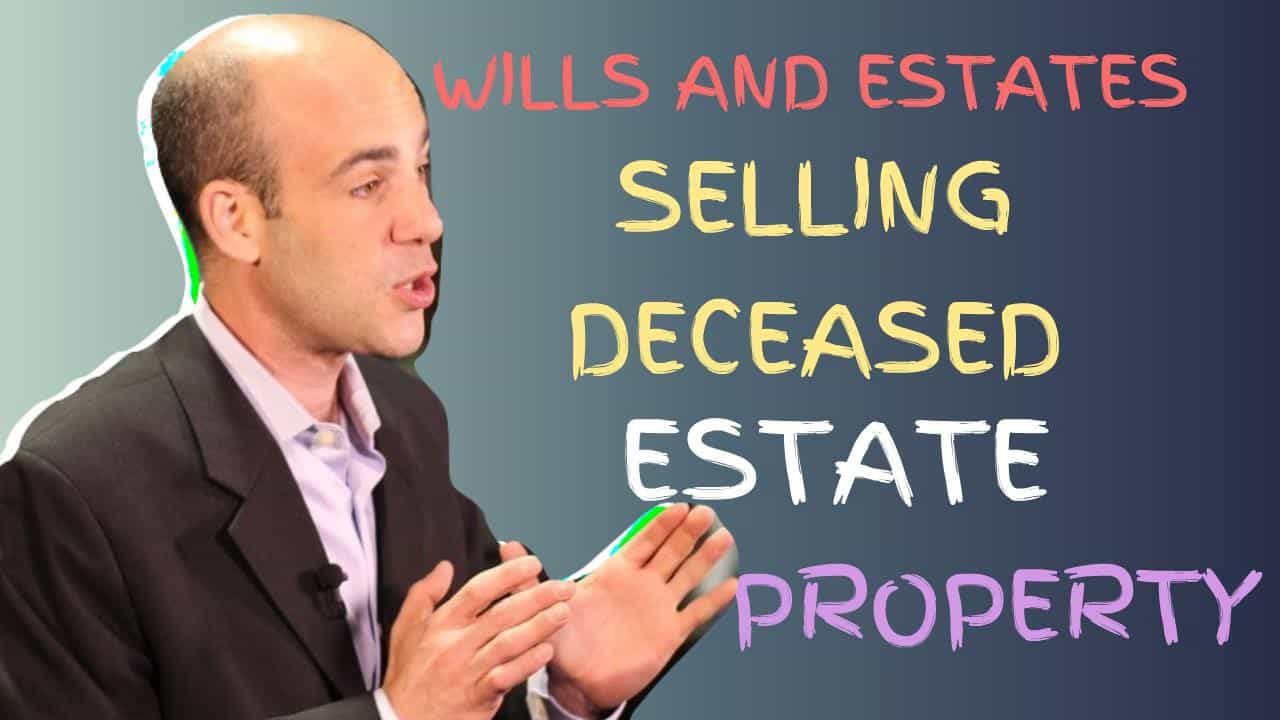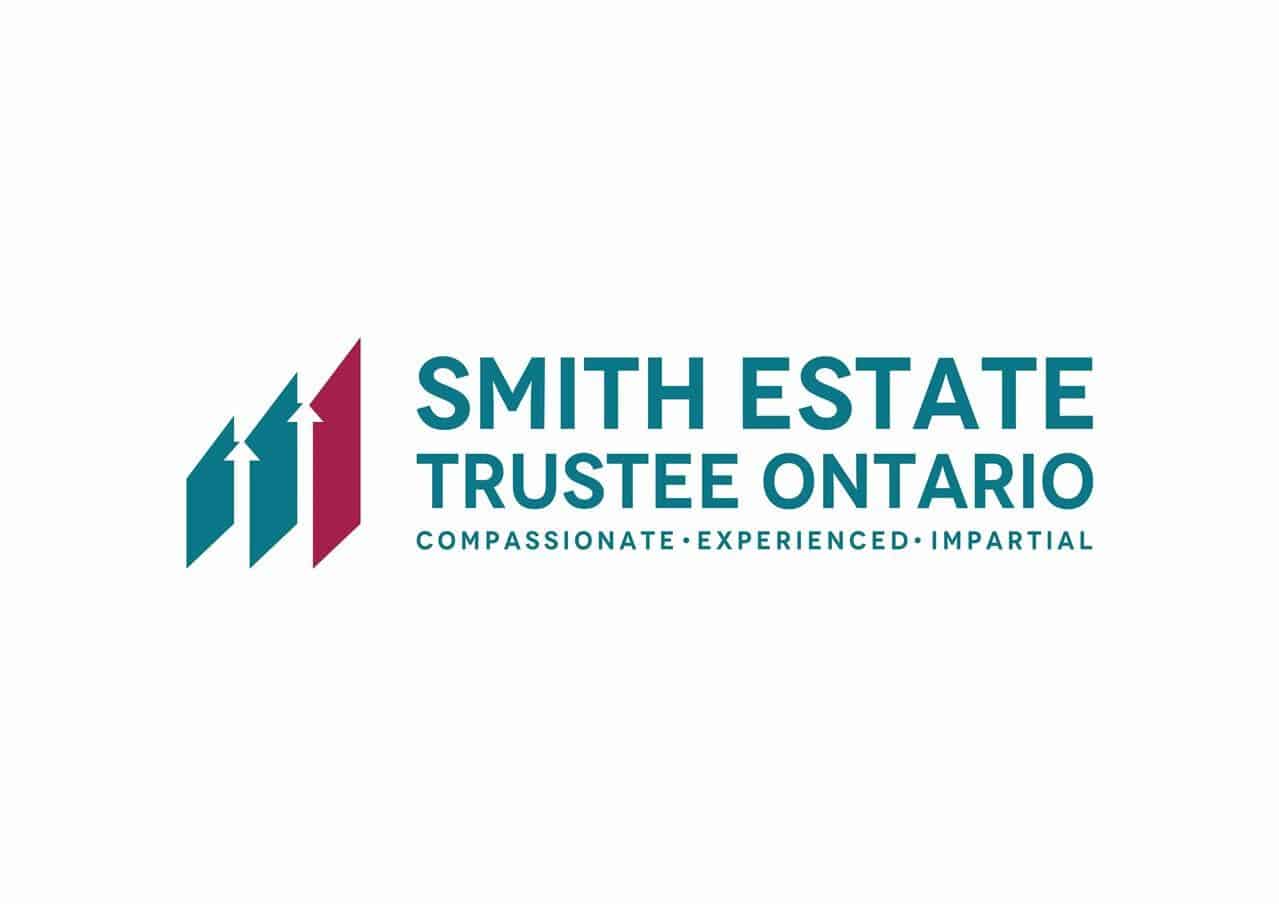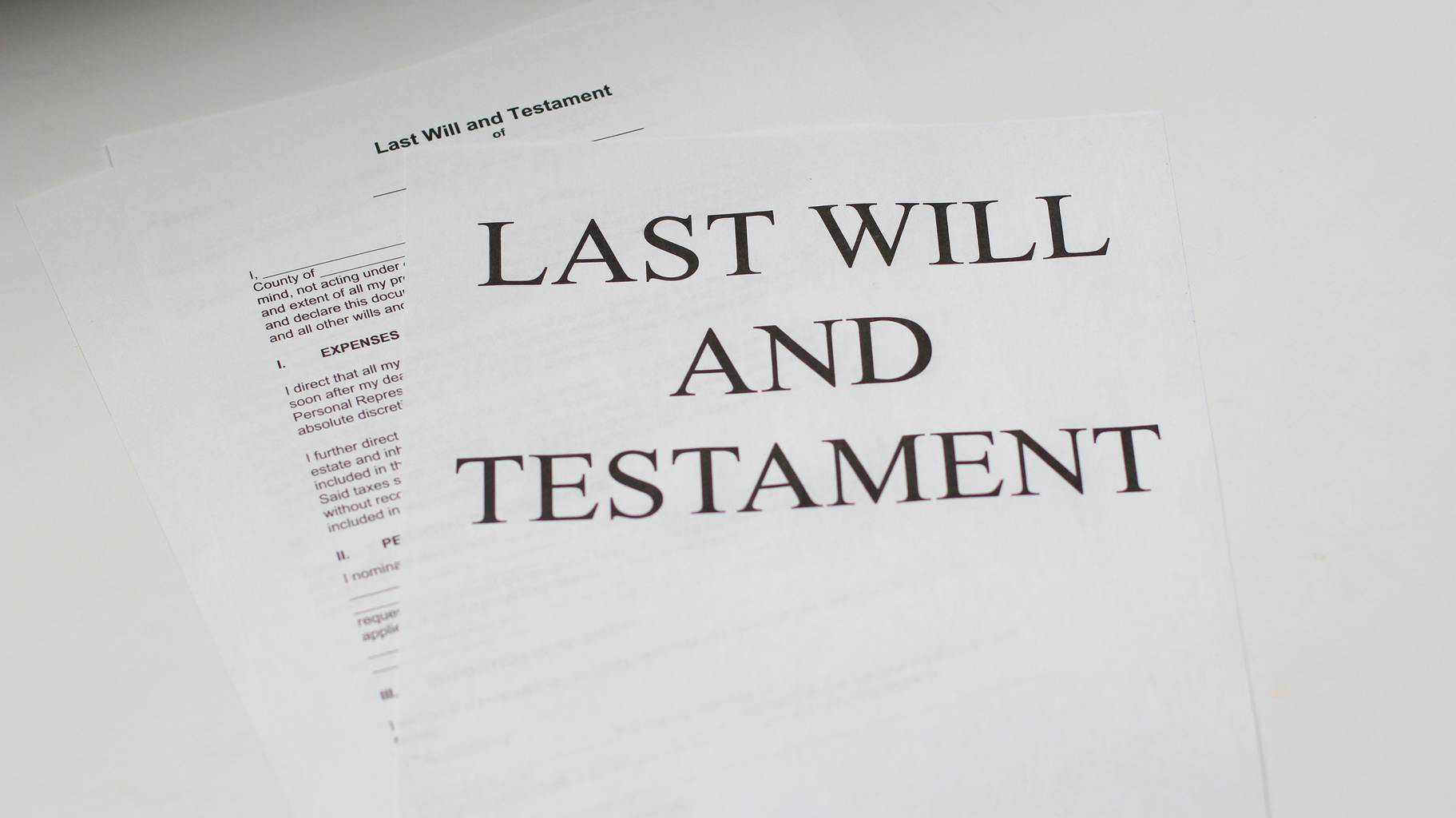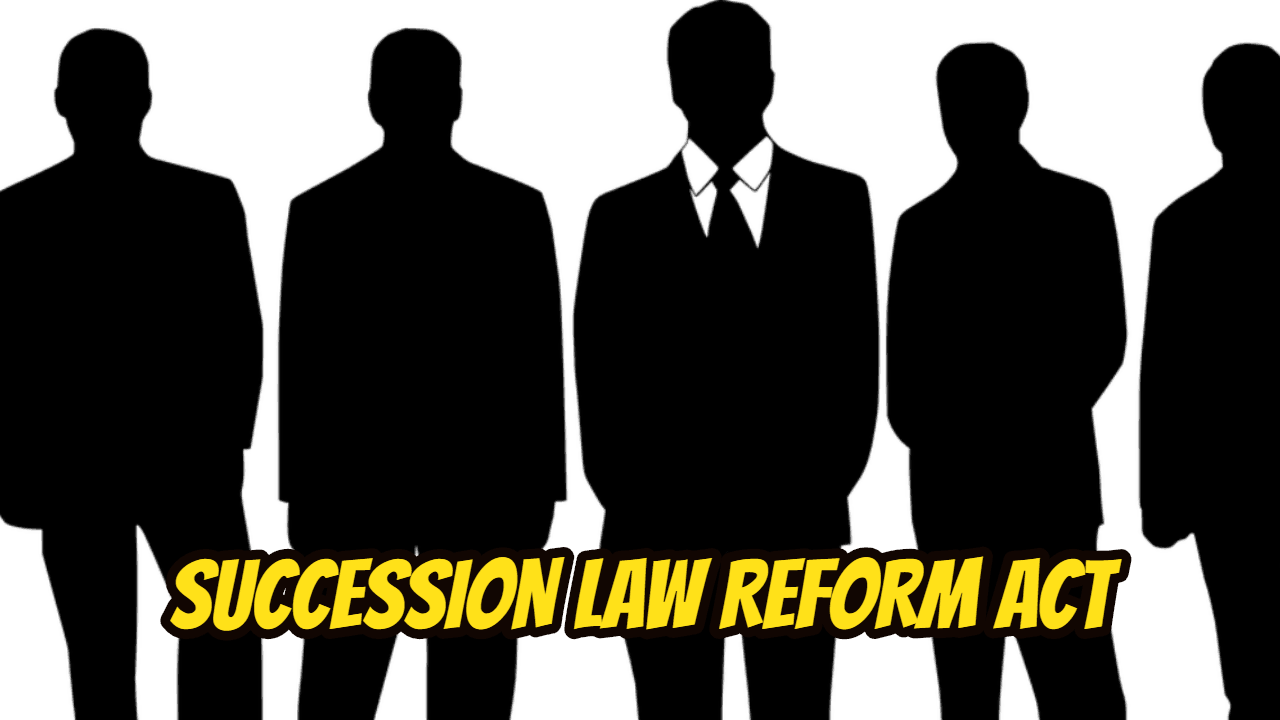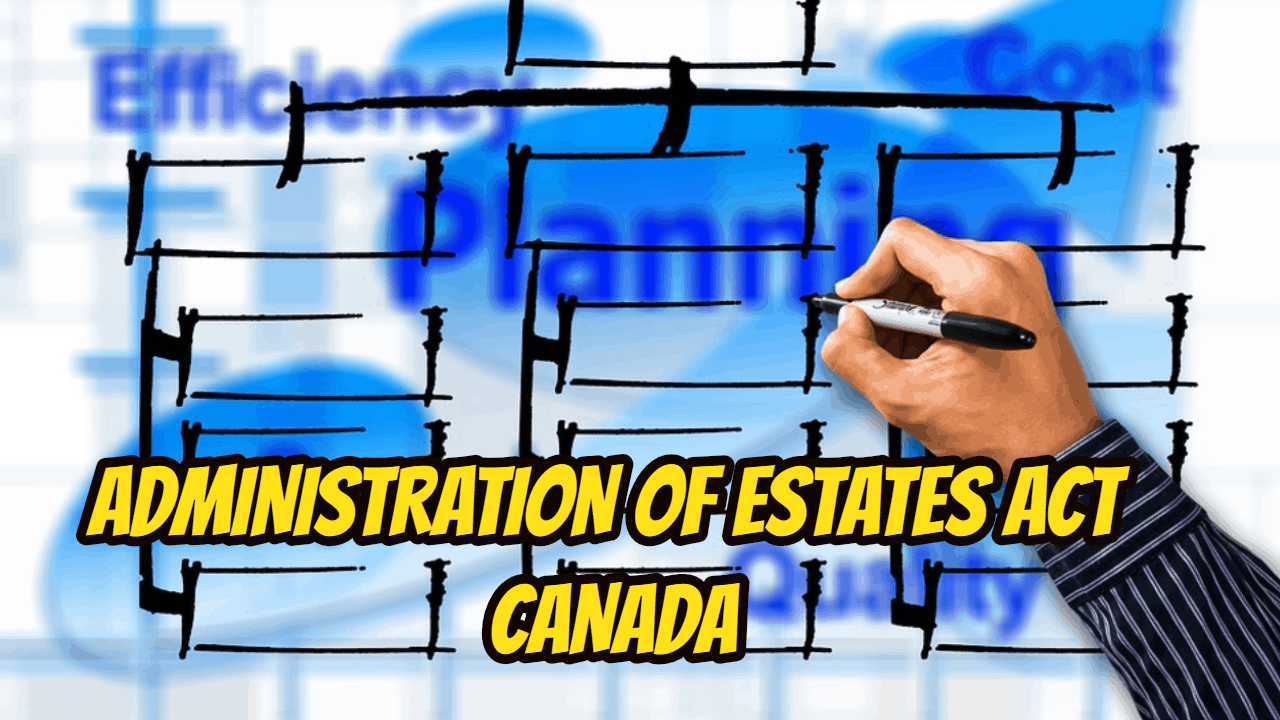[monkeytools msnip=”https://monkeyplayr.com/playr.php?u=5173&p=22014″]
Introduction
When conversations of financial obligations happen, people usually joke around and state they’ll finally be without debt upon their death. Many people who come to me for their no-cost consultation also ask, do you inherit debt in Canada? A recent decision of the Tax Court of Canada inspired me to write this Brandon’s Blog to discuss the issue.
What happens to debt when you die in Canada?
In general, what happens to debt when you die in Canada is that your Executor or Executrix (in Ontario it is called an Estate Trustee) needs to understand all of the deceased’s assets and liabilities. The Estate Trustee needs to make sure that all debts are paid off before making any distribution to the beneficiaries. Unless you have co-signed for or guaranteed someone else’s loan, you are not responsible for your spouse’s or parent’s debts upon their death. There at generally two exceptions.
The first is credit card debt where usually a spouse has a supplementary credit card on the same account. In that case, you need to look at the credit card agreement because the supplementary cardholder might be responsible for the debt. So if there are insufficient assets in the estate to pay off the credit card debt, the supplementary cardholder may have to.
Section 160(1) of the Income Tax Act (Canada)
Section 160(1) of the Income Tax Act (R.S.C., 1985, c. 1 (5th Supp.)) (Income Tax Act), and its equivalent, S. 325 of the Excise Tax Act (Canada), can be utilized by the Canada Revenue Agency (CRA) to assess tax obligation liability to those who received a transfer of property from persons with tax obligations at the time of the transfer. This indicates if a person offers you something of value (virtually anything), while they have a tax debt, the CRA can and will certainly pursue you. CRA’s view is that the original tax obligation debtor ought to have sold whatever was transferred, and the funds used to pay off the tax debt.
This section of the Income Tax Act (or Excise Tax Act) especially comes into play during irathe administration of a deceased Estate or in an insolvency filing.
The Court decision, released on February 10, 2020, highlights this issue that death is no excuse when it comes time to pay the taxman!
The Court case facts
The CRA assessed the two daughters of the deceased father $96,640.96 each under section 160(1) of the Income Tax Act in respect of a transfer of property from their father prior to his death. Each daughter has appealed the assessments to the Tax Court of Canada. The two appeals were heard together as the evidence and facts were identical.
The agreed statement of facts was:
- The father was the annuitant of a Franklin Templeton Investments life income fund (the Income Fund) and prior to his death, he designated each of his daughters as his irrevocable beneficiaries under the Income Fund.
- In his last will and testament, he named his daughters as Estate trustees and beneficiaries of his estate.
- The father died on June 8, 2011.
- On or about July 26, 2011, $96,640.96 was transferred to each of the daughters.
- Each of the daughters received the $96,640.96 distribution on July 26, 2011, in satisfaction of their beneficial interest following the father’s death.
- The daughters provided no consideration in regard to the transfer of the $96,640.96.
- On July 3, 2015, the Minister of Revenue assessed each of the daughters $96,640.96 on the basis of subsection 160( 1) of the Income Tax Act.
- The father had an outstanding tax liability of not less than $96,640.96 with respect to his 2011 taxation year.
Tax liability re property transferred not at arms’ length
Section 160(1) of the Income Tax Act reads as follows:
“Tax liability re property transferred not at arm’s length
160 (1) Where a person has, on or after May 1, 1951, transferred property, either directly or indirectly, by means of a trust or by any other means whatever, to
(a) the person’s spouse or common-law partner or a person who has since become the person’s spouse or common-law partner,
(b) a person who was under 18 years of age, or
(c) a person with whom the person was not dealing at arm’s length,
the following rules apply:
(d) the transferee and transferor are jointly and severally, or solidarily, liable to pay a part of the transferor’s tax under this Part for each taxation year equal to the amount by which the tax for the year is greater than it would have been if it were not for the operation of sections 74.1 to 75.1 of this Act and section 74 of the Income Tax Act, chapter 148 of the Revised Statutes of Canada, 1952, in respect of any income from, or gain from the disposition of, the property so transferred or property substituted for it, and
(e) the transferee and transferor are jointly and severally, or solidarily, liable to pay under this Act an amount equal to the lesser of
(i) the amount, if any, by which the fair market value of the property at the time it was transferred exceeds the fair market value at that time of the consideration given for the property, and
(ii) the total of all amounts each of which is an amount that the transferor is liable to pay under this Act (including, for greater certainty, an amount that the transferor is liable to pay under this section, regardless of whether the Minister has made an assessment under subsection (2) for that amount) in or in respect of the taxation year in which the property was transferred or any preceding taxation year,
but nothing in this subsection limits the liability of the transferor under any other provision of this Act or of the transferee for the interest that the transferee is liable to pay under this Act on an assessment in respect of the amount that the transferee is liable to pay because of this subsection.”
When identifying the applicability of section 160, you need to also consider the interpretation of arm’s length in subsection 251(1) and the interpretation of related persons in subsection 251( 2 ). Subsection 251(1) defines related persons not dealing with each other at arm’s length.
It likewise considers a taxpayer and certain trusts not to deal at arm’s length. Finally, it offers that, in any other case, it is an inquiry of fact whether individuals not related to each other are, at a certain time, dealing with each other at arm’s length.
Paragraph 251(2)(a) of the Income Tax Act provides that, for the objectives of the Income Tax Act, related persons or persons related to each other are individuals linked by blood relation, marital relationship, common-law or adoption. Paragraph 251(6)(a) specifies that, for the purposes of the Income Tax Act, individuals are connected by blood relationship if one is the child or various other offspring of the other or one is the sibling of the other.
The Federal Court of Appeal
The Federal Court of Appeal had already determined that the following 4 standards must be used when taking into consideration subsection 160(1):
- The transferor needs to be liable to pay tax at the time of transfer;
- There need to be a transfer of property, either straight or indirectly, through a trust or any other method;
- The transferee must either be:
- The transferor’s spouse or common-law relationship at the time of transfer or a person who has since come to be the person’s spouse or common-law partner;
- A person who was under 18 years of age at the time of transfer; or
- An individual with whom the transferor was not dealing at arm’s length.
4. The fair market value of the property transferred needs to be greater than the true value of the consideration given by the transferee.
The position of the parties
CRA’s position was that this was a transfer of property from the father to the daughters prior to his death at a time when he had an outstanding income tax liability.
The daughters stated that they accept that three of the four criteria set out by the Federal Court of Appeal have been satisfied. Particularly, the Appellants agree that their father indirectly transferred the property to each of them, that he owed income tax relating to the tax year in which the transfer took place or a previous tax year and that no consideration was paid by the daughters.
Accordingly, both CRA and the daughters agreed that the only issue before the Court to determine is whether the father and his daughters were dealing with each other at arms’ length.
The daughters’ position was that at the time of the actual cash transfer their father was dead. He did not exist, and for that reason, he was not a related individual within the meaning of Subsection 251(6), and therefore was not in blood relation with them.
CRA’s position was simple. First, the time of the transfer was not when the investment firm paid the cash to the daughters. Rather, it was when the father designated them as irrevocable beneficiaries. Second, the father and his daughters were related not by contract, but by blood. So, even death cannot take away that relationship.
The Court’s decision
The Court agreed totally with CRA’s position, upheld the assessments against each of the daughters and dismissed the appeals. They were found to have received the transfer of the property for no consideration at a time when the father owed income tax of a greater amount. The daughters were each liable to pay the amount of $96,640.96 to CRA. So in this case, if the daughters were asked do you inherit debt in Canada, they would have to answer a resounding YES.
Insolvent and alive
I also come across this issue when providing a no-cost consultation to an insolvent person wanting to know their options. Whenever they disclose that they have an income tax debt, I ask about transfers between the person and his or her spouse or children. I do this to see if there are may section 160(1) transfer of property issues.
If there are, an insolvency filing will merely highlight the transfer issue to CRA. When they get notice of the consumer proposal or the bankruptcy, they start their deep-dive investigation into the affairs of the bankrupt. As a licensed insolvency trustee (formerly called a bankruptcy trustee), I also have to advise the creditors of any issues like a transfer between related parties for no or little consideration. Once CRA determines a transfer took place between blood relations for little or no value being given or paid, they will assess the spouse or child under section 160(1) of the Income Tax Act. The outcome will be the same as in this Court case.
Do you inherit debt in Canada summary
So alive or dead, transfers of property between blood relatives for little or no value is always troublesome when it comes to income tax debt outstanding at the time, insolvency and death. I hope you enjoyed this do you inherit debt in Canada Brandon’s Blog and that you have a better understanding that it is possible.
I am finding that I am getting involved more often in deceased estate matters. My involvement is in advising people who are the Estate Trustee of an insolvent estate. I also have acted as the licensed insolvency trustee of a bankrupt deceased estate.
That work has now naturally led to obtaining assignments where my skill set as a licensed insolvency trustee comes in handy in a deceased estate. Two examples are having acted as the Estate Asset Manager in selling off assets in an estate and as acting as an Estate Trustee where there is no bankruptcy involved.
Because of that work, Ira Smith Trustee & Receiver Inc. has opened up a new business division called Smith Estate Trustee Ontario. In that business, as Estate Trustee, we offer options for the complicated estate concerns. We end the discomfort and irritations the stakeholders are experiencing. We use the experience and integrity that we have built up over the years, with compassion, to help the parties navigate the messy estate issues. We strive for a win for all beneficiaries, adding value by reaching the settlements and distributions they were unable to accomplish by themselves.
We provide a full range of services to provide solutions for the complex Estate issues to end the pain and frustration the stakeholders are experiencing. We apply our expertise and creative thinking to take care of all details to end your pain and achieve the goals of the beneficiaries and other stakeholders. Contact Smith Estate Trustee Ontario today for your free consultation.

